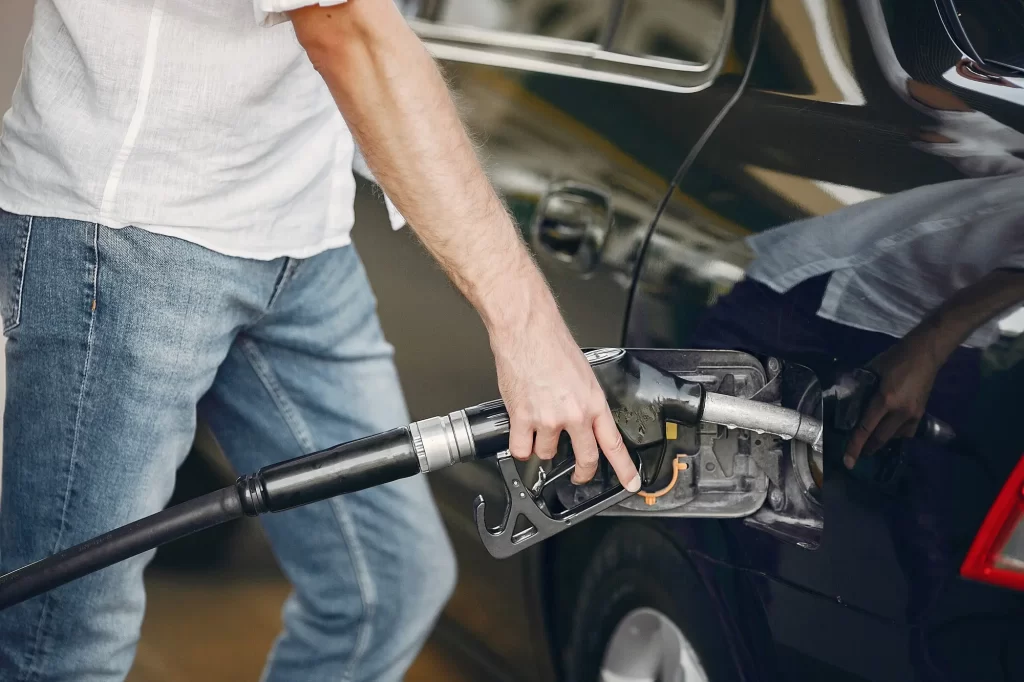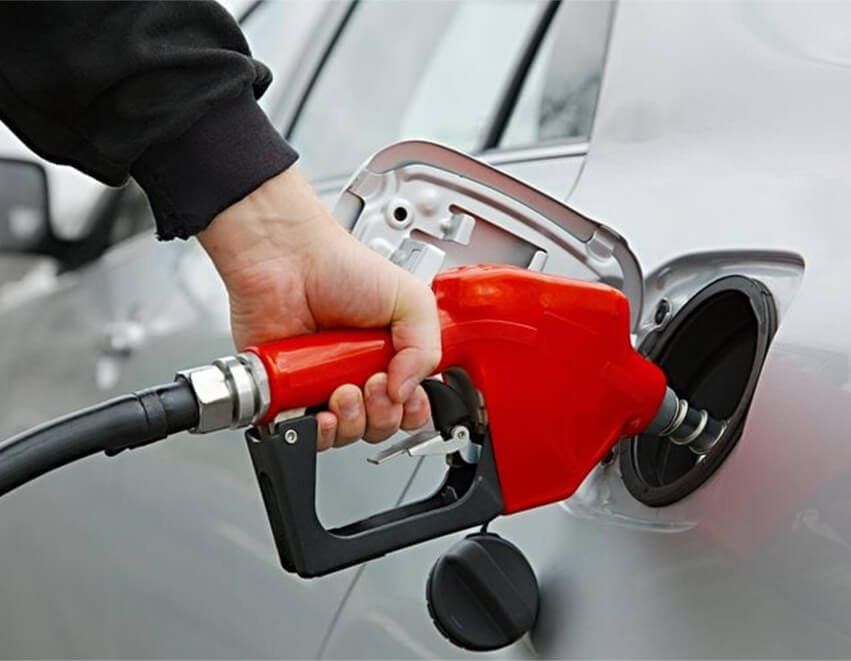Is your car sputtering or struggling to accelerate? Water in your gas tank might be the hidden culprit behind these frustrating engine performance issues. Even a tiny amount matters; just half an ounce of water in a 12-gallon gas tank can significantly impact your engine’s performance and fuel efficiency, leading to corrosion in fuel systems. […]

Is your car sputtering or struggling to accelerate? Water in your gas tank might be the hidden culprit behind these frustrating engine performance issues.
Even a tiny amount matters; just half an ounce of water in a 12-gallon gas tank can significantly impact your engine’s performance and fuel efficiency, leading to corrosion in fuel systems.
From mysterious engine misfires to sudden power loss, water contamination creates symptoms that every driver should recognize.
How does water get into your tank in the first place? What immediate steps can you take to protect your engine? And most importantly, how to get water out of gas tank and fix this problem without breaking the bank? Let’s find out.
You might not realize it, but water can find its way into your gas tank through some surprisingly common ways.
If you’re driving a diesel vehicle, having a fuel water separator can save you a lot of trouble. It keeps water from mixing with your fuel and protects your engine.
How can you tell if water in gasoline is lurking in your fuel tank? Here are some signs to watch for.
To confirm, try this simple check: draw a little fuel into a clear container. If water is present, it will sink to the bottom since it’s heavier than gas.
For diesel users, tools like water-detection pastes or additives can make this process easier.
Water and fuel are like oil and water—they just don’t mix. If there is water in your petrol tank, it can wreak havoc on your engine and cause fuel system problems.
If you’re dealing with diesel, the risks are even greater. Water contamination can damage injectors and corrode the entire fuel system, leading to costly repairs.
So, how do you get water out of a fuel tank? It depends on how much water you’re dealing with.
If the contamination is severe, it’s time to get professional help. They’ll drain the tank, clean the system, and replace clogged filters.
Replacing the fuel filter is always a good idea when dealing with water in the tank. Water can clog it quickly, reducing efficiency and causing further damage.
Water in your fuel tank can lead to costly repairs and frustrating breakdowns, but it’s preventable with some proactive steps.
Routine maintenance is key to catching water contamination early. Ask your mechanic to check for signs of water in the tank during regular inspections. They can also examine your fuel water separator if you drive a diesel vehicle, as it’s a crucial component for removing moisture.
If water has already made its way into your tank, the repair cost will depend on the severity of the contamination.
Your location and vehicle type also play a role. Diesel engines, for instance, may need more extensive repairs if water has damaged the injectors or pump.
At Aocheng, we understand how damaging water contamination can be. That’s why we offer products like fuel water separator to keep water out of your fuel.
Our range of 燃油加油机 和 泵s ensures your system stays efficient and protected from contaminants.
For more solutions to maintain fuel quality, visit our homepage. With the right tools and regular care, you can avoid costly repairs and keep your fuel system running smoothly.
If your diesel engine is hard to start, idles roughly, or produces excessive smoke, water contamination could be the cause. You can visually inspect the fuel by draining a sample—water will settle at the bottom since it’s heavier than fuel.
A small amount of water is often unavoidable, especially in ethanol-blended fuels. Up to 0.5% water content is generally acceptable and won’t cause issues. However, anything beyond that can lead to engine trouble and should be addressed immediately.



